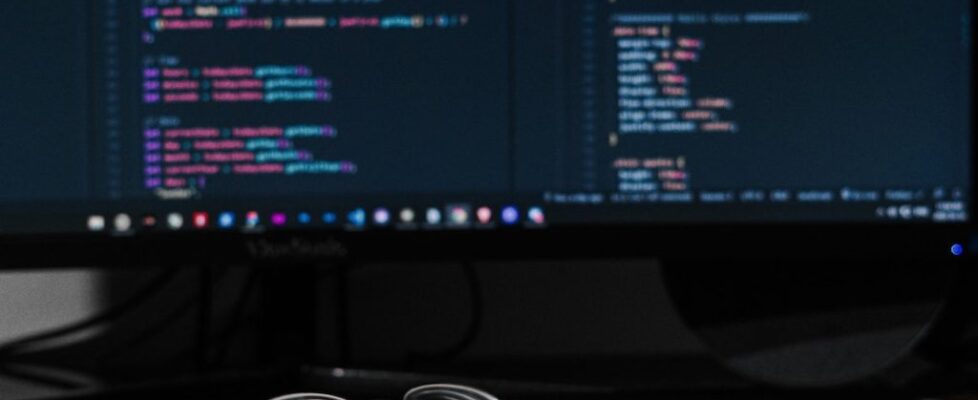DOJ opposes former Deutsche Bank traders’ push for acquittal
Former Deutsche Bank traders James Vorley and Cedric Chanu, who are pushing for acquittal after being convicted of wire fraud, are facing the opposition of the Department of Justice. This becomes clear from documents the DOJ filed with the Illinois Northern District Court earlier this week.
Let’s recall that, in September 2020, Vorley and Chanu were convicted of three counts and seven counts, respectively, of wire fraud affecting a financial institution. The traders allegedly engaged in a scheme to defraud other traders on the Commodity Exchange Inc., which was run by the CME Group. The defendants defrauded other traders by placing fraudulent orders that they did not intend to execute in order to create the appearance of false supply and demand and to induce other traders to trade at prices, quantities, and times that they otherwise would not have traded.
Specifically, the evidence showed that the defendants engaged in the practice of “spoofing,” which means that they placed orders on the exchange which, at the time the orders were placed, they did not intend to execute, all for the purpose of deceiving other market participants.
In a set of documents submitted at the Court on December 23, 2020, the DOJ argues against the defendants’ motion for acquittal.
The DOJ states that, because the evidence at trial overwhelmingly supported the defendants’ convictions, the Court should deny the defendants’ Joint Motion for Judgments of Acquittal Pursuant to Rule 29.
In sum, the government notes that it conclusively proved through the testimony of other traders, a cooperating witness, a CME representative, and an economist, as well as through documentary evidence, that orders in the market implicitly represent an intent to trade and, thus, orders placed by the defendants without that intent constituted an implied misrepresentation. And, implied misrepresentation, the DOJ says, means that Vorley and Chanu engaged in wire fraud.
The DOJ stresses the importance of the defendants’ own words, as captured in their contemporaneous chats. According to the government, these words show that Vorley and Chanu believed and understood that the placement of orders on the CME communicated an intent to trade.
For example, in a chat from January 28, 2009, Chanu and another Deutsche Bank trader, Edward Bases, discussed how Bases was “manipulating” the precious metals futures market by placing spoof orders on the buy side of the market to help Chanu sell more easily.
Chanu observed: “basically you tricked [all] the algorithm.” The “trick”, the DOJ says, worked not because algorithmic traders were fooled about the price or quantity of Bases’s spoof orders, but rather about his intent to trade—i.e., that his orders reflected genuine demand.
In addition, the DOJ notes, the defendants’ chats also provide strong evidence of their fraudulent intent. One example is Chanu’s January 28, 2009 chat with Bases. Chanu encouraged, and even asked to be taught, the strategy Bases used to “manipulate” and “f..k the mkt around” – a deceptive spoofing strategy that worked because “not a lot of people… had it [figured] out.”
And although only Chanu participated in this chat, the government maintains that the Court rightly admitted this chat against Vorley under Federal Rule of Evidence 801(d)(2)(E) by a preponderance of the evidence in its pretrial ruling and again at trial, and further that the trial evidence showed the existence of a conspiracy by at least the same standard of proof.
The DOJ stresses that other evidence confirmed that the wrongfulness of the defendants’ conduct was not tied to the enactment of the anti-spoofing provision. For instance, the CME’s rules never permitted traders “to deceive other people on the CME” and “prohibit traders from placing orders that they intend to cancel before execution.” Moreover “the rules require that all orders must be entered for the purpose of executing a bona fide transaction.”
Finally, the DOJ notes that, long before the Dodd-Frank Act, Deutsche Bank’s compliance and training materials prohibited traders from engaging in “any transaction or order to trade which gives or is likely to give a false or misleading impression as to the supply, demand for, or price of one or more investments.”





